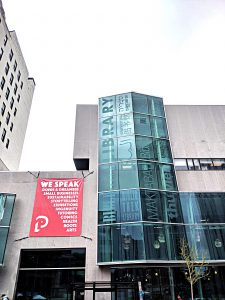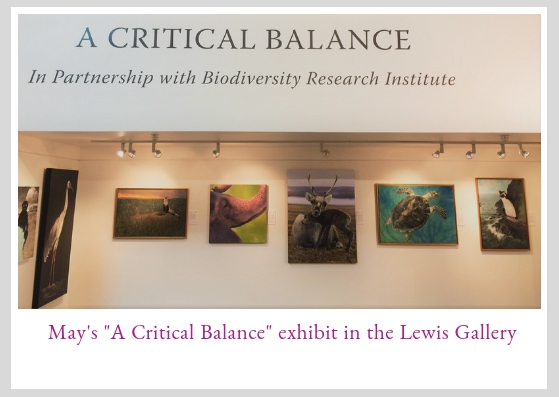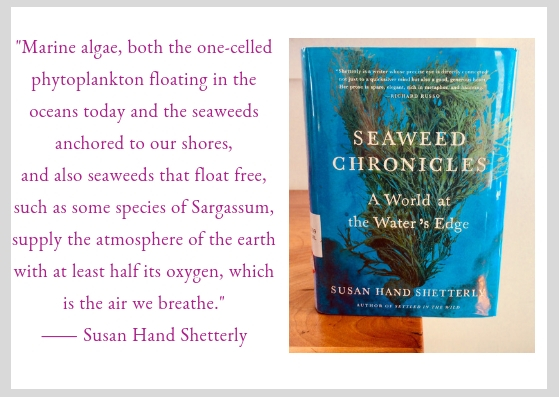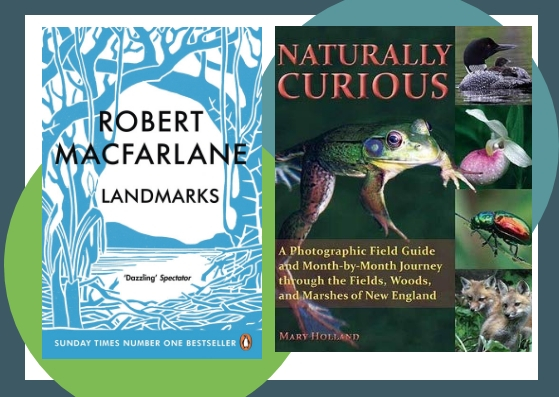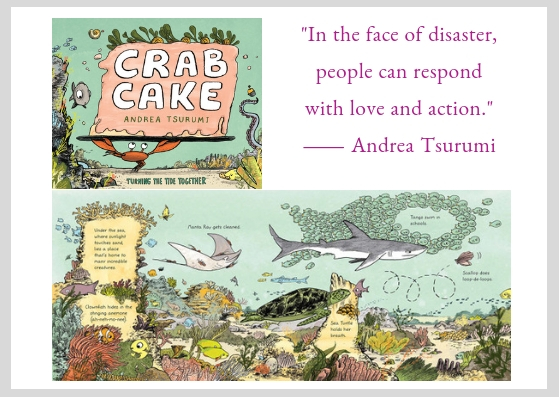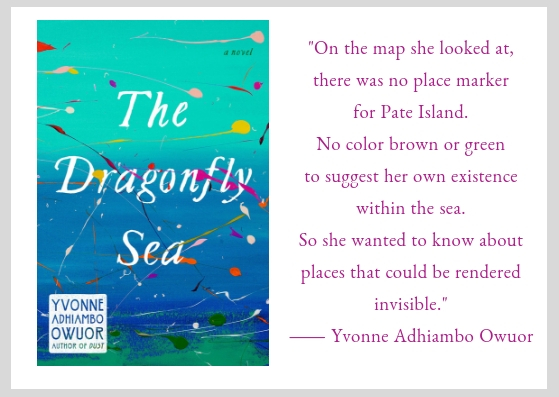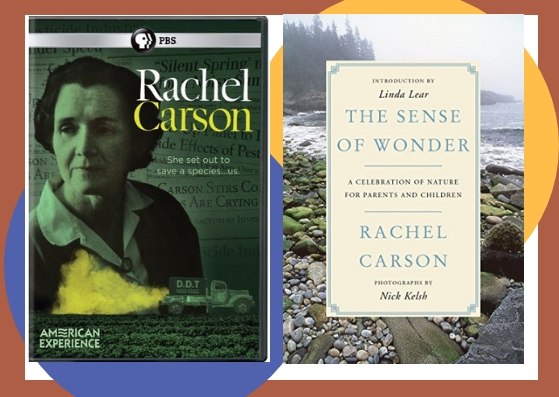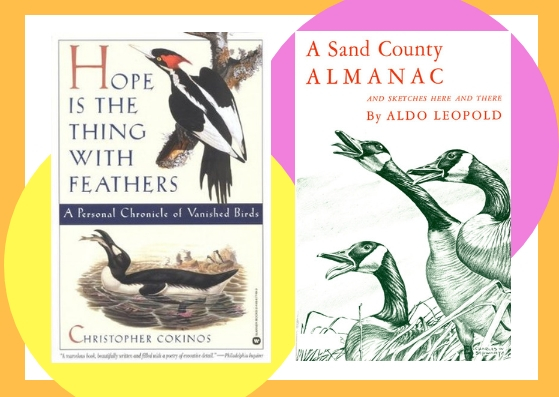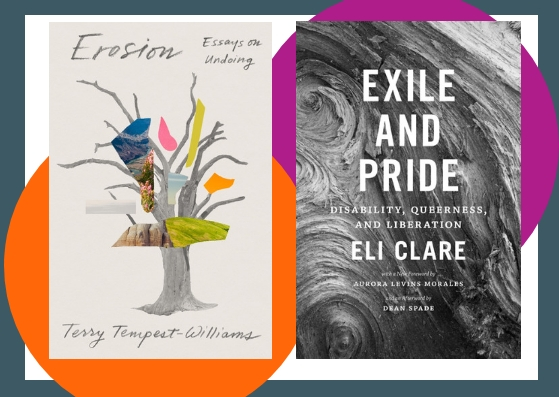PPL Is Bolder Than Ever!
posted: , by Heather Wasklewicztags: Adults | Teens | Teen Reads | Teen Events | Teen Health | College & Career | Homework Help | Parents & Teachers | Kids & Families | Kids Programs | Early Literacy | Kids Reading Lists | Fun & Games | Discover Portland | Seniors | Art & Culture | Business | Careers & Jobs | Genealogy | Government | Health | Health@PPL | Welcome | Health Resources | Health Outreach Specialist | Medlineplus | Latest Health News | Language Learning | World Languages | English Language Literacy | News | Portland History | Science & Technology | Readers Writers
It’s a big week at PPL! We are making some noise! Noise, you say, in a library? Yes!
Did you know that Portland Public Library is the most visited cultural institution in all of Maine? Over 600,000 people visit PPL each year at our four locations (not counting all who use our online services for language-learning, practice tests, small business info, Consumer Reports, and more!).
Did you know that PPL offers over 1,000 workshops, discussions, exhibits, and events throughout the year?
You already know we have great wifi, but did you know we lend wifi hotspots to take home? How about hosting free tax filing support? Ballot issue discussions? Coding workshops? And Legos!
PPL is constantly evolving to mirror the dynamic community we serve, growing and changing as we facilitate the vibrant conversations of our city. We provide the rich experiences and access to resources you’d expect from a big city library tailored to the unique flow and interests of life in 21st century Portland.
When you have a library card, you’re a Library insider. And even library insiders don’t know all this about PPL, so chances are our friends and neighbors throughout Greater Portland don’t know about it either. Help us spread the word. We are excited to change our logo, colors, and messaging to boldly speak out about the Library’s evolution as an epicenter for lifelong experiential learning, civic and cultural gatherings, and partnership in community-wide innovation. Today’s PPL is vital to our great city, that is on-the-move in so many ways!
There is literally something for everyone at today’s PPL, whatever your stage of life. And it is FREE. Enjoy our expert staff, services, collections, and programming. Our storytimes, performances, business seminars, computer help, music-making, telescopes, 3-D printer. Our amazing partnerships with creative leaders and thought trailblazers. It’s all to share, discover, and build more…together.
Welcome to PPL!


